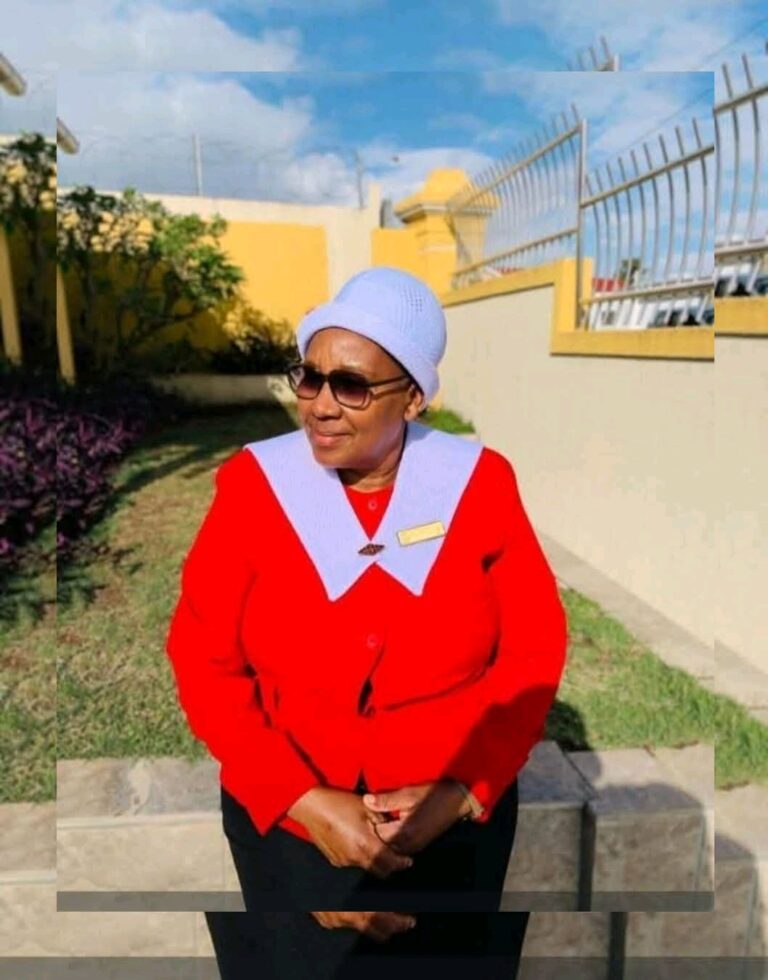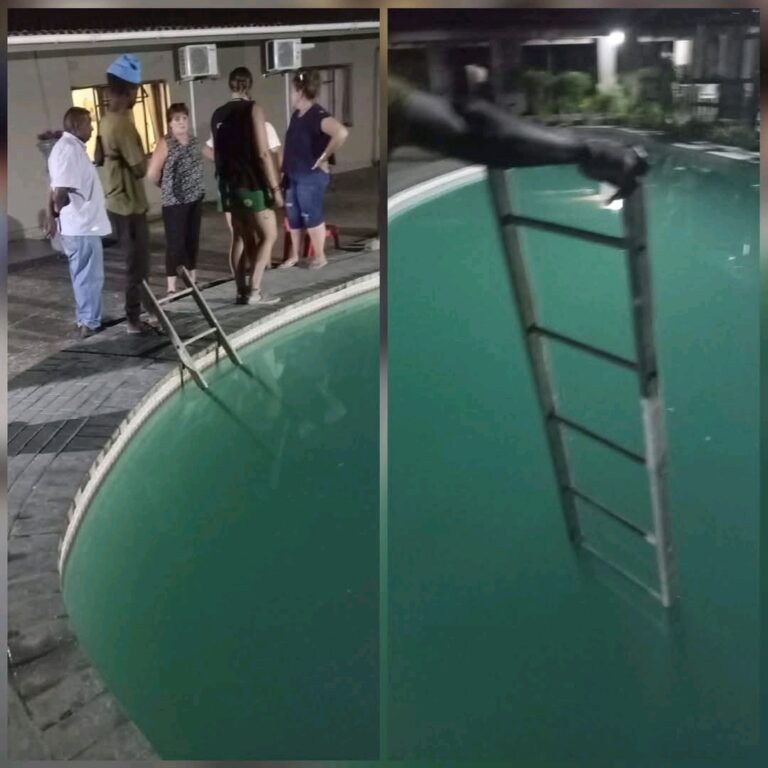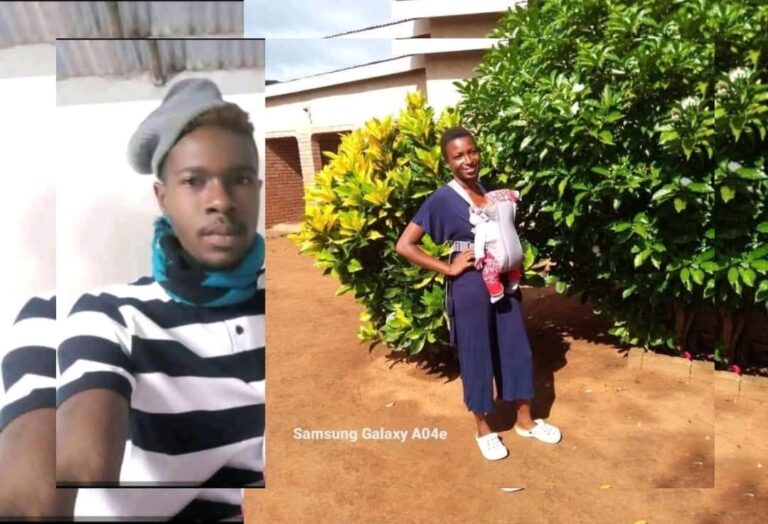
Vinolia Kelebogile Siwa, a 47-year-old woman from the North West province, has pleaded guilty to the brutal murder of her five children, an act that took place 13 years ago but continues to shock the nation. The North West High Court recently sentenced her to 12 years in prison after she confessed to killing her children, who were aged between 2 and 13 at the time.
Siwa’s chilling admission revealed that she stabbed and drowned the children. Although the defence raised her mental state as a factor, medical assessments confirmed that she was mentally fit to stand trial. The court heard that her actions were not the result of insanity, but rather a severe depression brought on by extreme poverty, prolonged abuse, and the overwhelming pressure of raising children under dire circumstances.
Despite these hardships, the legal system emphasized that her reasons could not justify the killings. Judge Mpho Seopela stated that no form of suffering gives a person the right to end the lives of others—especially those of innocent children who depend entirely on their parents for love and protection.
“Our Constitution is clear,” the judge said. “Every person, regardless of their socio-economic status, has the right to life. Children are not property. They are individuals with rights that must be protected.”
The court also acknowledged the complex social and economic issues behind such tragedies. Many South African families live in crippling poverty, facing daily struggles just to survive. While the government has established social relief programs such as child support grants, these are often not enough to lift families out of hopelessness. In Siwa’s case, these resources were either inaccessible or insufficient to change her situation.
Experts argue that while poverty is a contributing factor, it must not be seen as an excuse for such heinous acts. Thousands of families endure financial hardships without resorting to violence. However, Siwa’s case underscores a growing concern: the weakening of traditional support systems. The extended family, once a cornerstone of African society, is slowly disintegrating, and the sense of community that once provided a safety net for struggling families is fading.
Social workers and psychologists have called for greater government intervention—not only in financial support but also in community-based mental health services. The lack of these services often leaves individuals like Siwa feeling isolated and desperate, with no visible path out of their suffering.
As the nation grapples with the horror of this case, it also serves as a painful reminder of the need for more effective social support structures. Siwa’s 12-year sentence may bring some legal closure, but the emotional and societal wounds left behind remain deep.
Her story is a tragic example of what can happen when a system fails to protect both vulnerable parents and their children.




